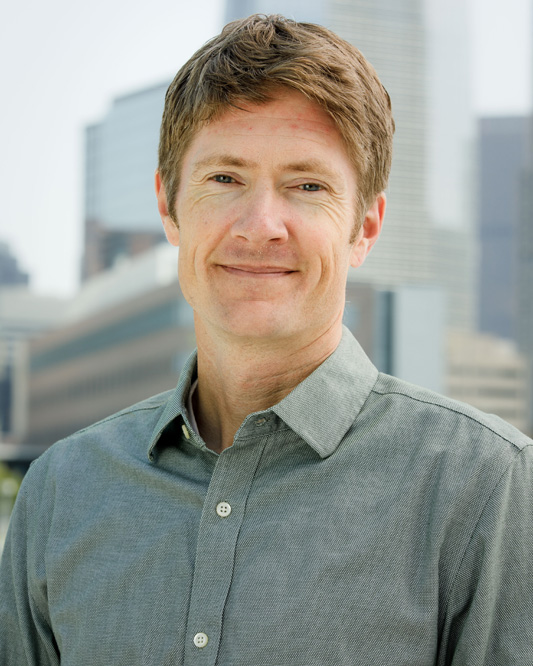Faculty Directory

Christopher Carson
Senior Instructor, Culturally & Linguistically Diverse Education
- Affiliate Faculty, Teaching
- School of Education & Human Development
Office Hours: Mondays noon-2pm and by appointment
I came to teaching with an undergraduate education that prepared me to study complicated scientific problems, but gave me little preparation for the complexities of teaching and learning. Armed only with a few summer courses and the knowledge that our education system perpetuated gross inequalities, I plunged into classroom teaching.
Over the next 11 years, my appreciation for teaching and my awareness of its complexities grew as I worked as a public school teacher in diverse classroom settings and subject areas across three states: general science courses for middle school and early high school students; chemistry and physics for college bound juniors and seniors; writing for students in treatment for mental health issues; elementary summer school for a class of boys in the foster care system; and English language acquisition for emerging bilinguals. In each of these settings, the recognition I received or successes I enjoyed were tempered by problems and questions about my practice.
Throughout this time, I engaged in graduate studies, which allowed me to explore the deeper issues that surround and underscore both the challenges and successes of classroom teaching. This background informs my current focus, on the use of meaningful math, science and engineering practices in the classroom as a way to develop language and literacy.
Education, Licensure & Certifications
- MA in Secondary Education, University of Mississippi (1997)
- MA in Linguistics, University of Utah (2002)
Resumes/CV:
Awards
The Colorado Association for Bilingual Education granted our program, Culturally and Linguistically Diverse Education (CLDE) at CU Denver, the CABE Board Award for our work incorporating the CLDE endorsement as an integral part of students’ BA coursework for elementary teacher education majors, giving our teacher candidates receive a critical foundation in understand-ing learning and development in multilingual settings.
Affiliations
- Higher Education for Linguistically Diverse Education (HELDE)
- International Consortium for Multilingual Excellence in Education (ICMEE)
Faculty by Program
- Applied Behavior Analysis
- ASPIRE to Teach
- Counseling
- Couple & Family Therapy
- Culturally & Linguistically Diverse Education
- Early Childhood Education
- Human Development and Family Relations
- Leadership for Educational Organizations
- Learning Design & Technology
- Learning, Developmental & Family Sciences
- Literacy Education
- Research & Evaluation Methods
- School Psychology
- Special Education
- STEM Education
- Teaching